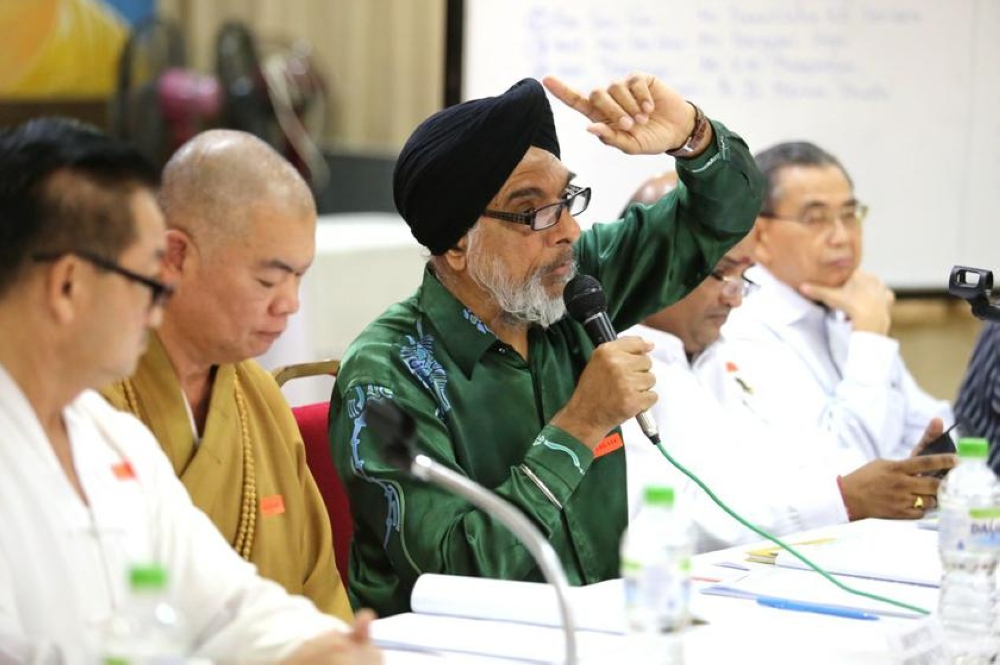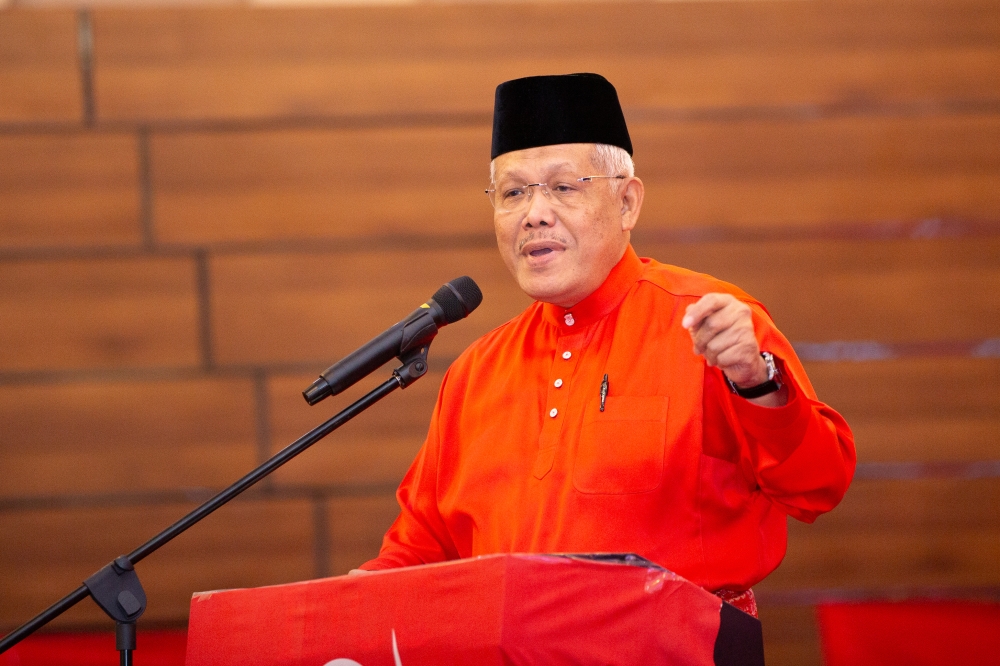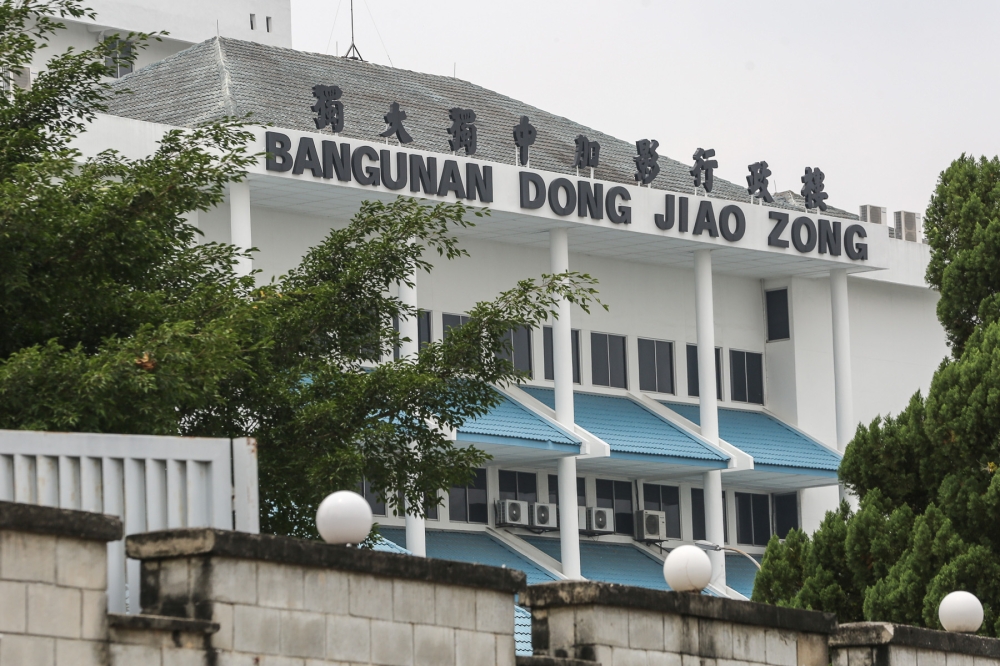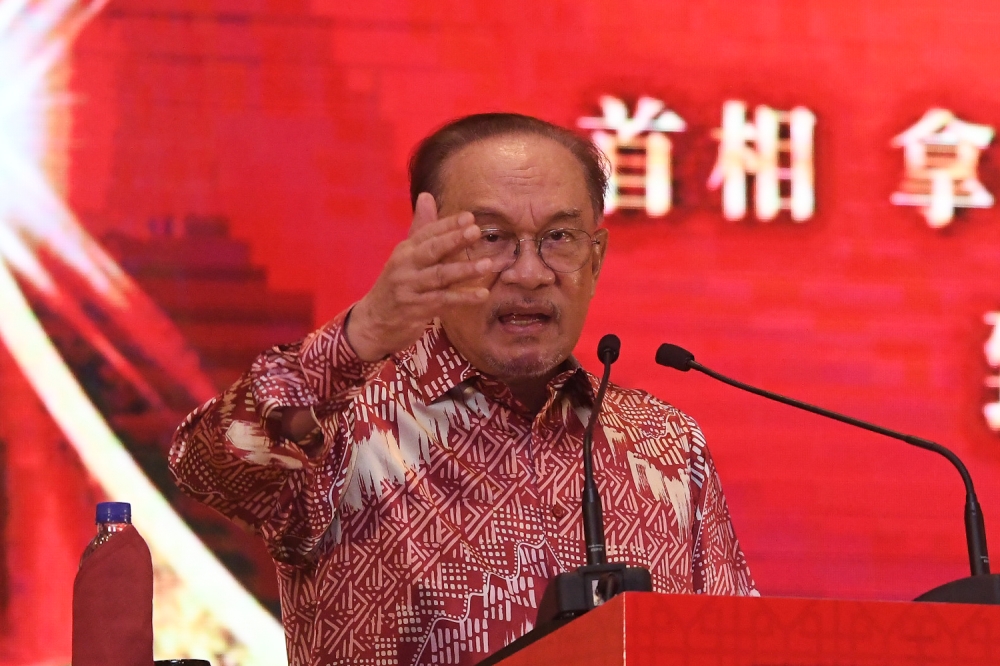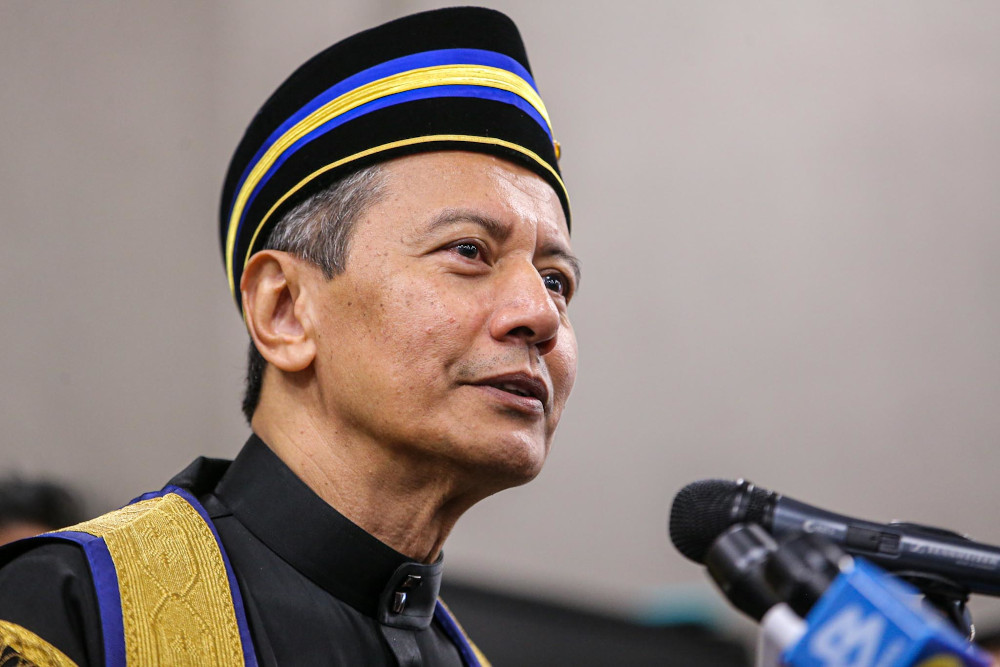KUALA LUMPUR, July 29 — Analysts believe Perikatan Nasional (PN) may have baited Datuk Azhar Azizan Harun with the Dewan Rakyat Speaker post primarily as a means to vacate the Election Commission chairmanship and install a figure friendlier to the ruling bloc.
Azhar’s acceptance of the post could set back much of the work undertaken during his tenure as the EC chief, reforms they said would have made the electoral system a more level playing field and install safeguards to prevent abuses.
But with Azhar gone, the EC is back to where it was before. The commission had previously undertaken a controversial redelineation exercise that according critics helped create more super-Malay majority seats, a move seen as favourable to Umno and Barisan Nasional.
“There are three sets of reasons why the Muhyiddin-led government picked Azhar...one of them is to free up the EC chairmanship so they could install someone of their liking,” said Oh Ei Sun, senior fellow at the Singapore Institute of Foreign Affairs.
The move came amid mounting speculation that Prime Minister Tan Sri Muhyiddin Yassin is looking to hold early elections, in a bid to secure a strong mandate as he seeks to quash any doubts over the legitimacy of his government.
A PN-friendly EC chairman could give his coalition, a bloc consisting of former rivals Umno, PAS and BN component members, the needed advantage, Oh opined, although how exactly that would help the ruling coalition in the polls is unclear.
Despite Azhar’s departure as chairman of the commission, the Muhyiddin-led bloc will still have to contend with a predominantly reform-minded team of executive committee members picked by the previous Pakatan Harapan (PH) government, who could still block any attempt to skew decisions that favour the ruling government.
Still, Oh said coalition strategists could have also looked beyond the EC and found a political opening in Azhar’s nomination as the Dewan Rakyat Speaker.
Seen as a liberal darling, PN leaders may have wanted to capitalise on Azhar’s popularity among the middle class in a bid to spiff up the new government’s standing among a highly critical electorate.
“It could be appealing to the liberal middle class..so they’re saying look I’ve picked someone who is acceptable to you guys,” said Oh.
There are analysts who feel Muhyiddin had the same goal in mind when he picked former banker Datuk Seri Tengku Zafrul Aziz as Finance Minister and the moderate Federal Territories Mufti Zulkifli Mohamad Al-Bakri as the minister overseeing Islamic affairs.
Appointing a technocrat and a cleric with no political affiliation was intended to project pragmatism and progressiveness, they suggested, saying such a move would impress certain segments of the middle class Malay voters.
The demography’s support is seen as crucial to Muhyiddin’s Parti Bersatu Pribumi Malaysia, especially since the party is sandwiched between two larger Malay-based parties competing for most of the conservative Malay votes.
“They (middle class Malays) will see such appointments as good,” said Kartini Aboo Talib, deputy director of Universiti Kebangsaan Malaysia’s ethnic studies faculty.
“It makes Muhyiddin look progressive and serious about governance.”
Politicians have been known to adopt such a strategy in the past, analysts noted.
Former prime minister Datuk Seri Najib Razak, for example, adopted a reformist image when he led BN into the 13th general election in an attempt to woo support from ethnic minorities and middle class urban Malays.
Najib repealed security laws to improve civil liberties and liberalise the economy, averting racial messages as he campaigned to burnish the coalition’s multiracial image.
Yet, the former BN chairman failed to garner a stronger majority in Parliament, which observers said led Najib to steer Umno more to the right.
So there is scepticism that Muhyiddin could do better.
Bridget Welsh a research associate with the University of Nottingham Asia Research Institute Malaysia, argued that Muhyiddin has no pretension to appear as a reformist based on his track record, and that Azhar’s nomination and the perceived bulldozing of his appointment would likely alienate the middle class more.
The Opposition deemed Azhar’s appointment to be illegal since he was not voted in.
“He has no record of reforms to point to. Najib at least overturned a few laws and pushed some reforms in policy and the economy,” she said.
“This decision has alienated anyone who respects basic democratic practices.”
But whatever grounds he may have lost from the fiasco around the Speaker’s appointment can still be countered with good economic management and effective communication, analysts believe.
And the Covid-19 outbreak provided the prime minister the opportunity to showcase his capability, Welsh noted. Much of his success had been attributed to his ability to communicate messages that resonated with a public seemingly tired of the political instability that dogged the previous government.
“His strengths are not in the areas of reform or in the politicking which the Speaker represents. His strength has been communication style and his government's focus on the economy/Covid-19,” she said.
Emir Research released on Thursday the results of its survey findings that showed strong support for PN among urban voters. Over half respondents said they would vote for an Umno-PAS pairing in a hypothetical early general election.




